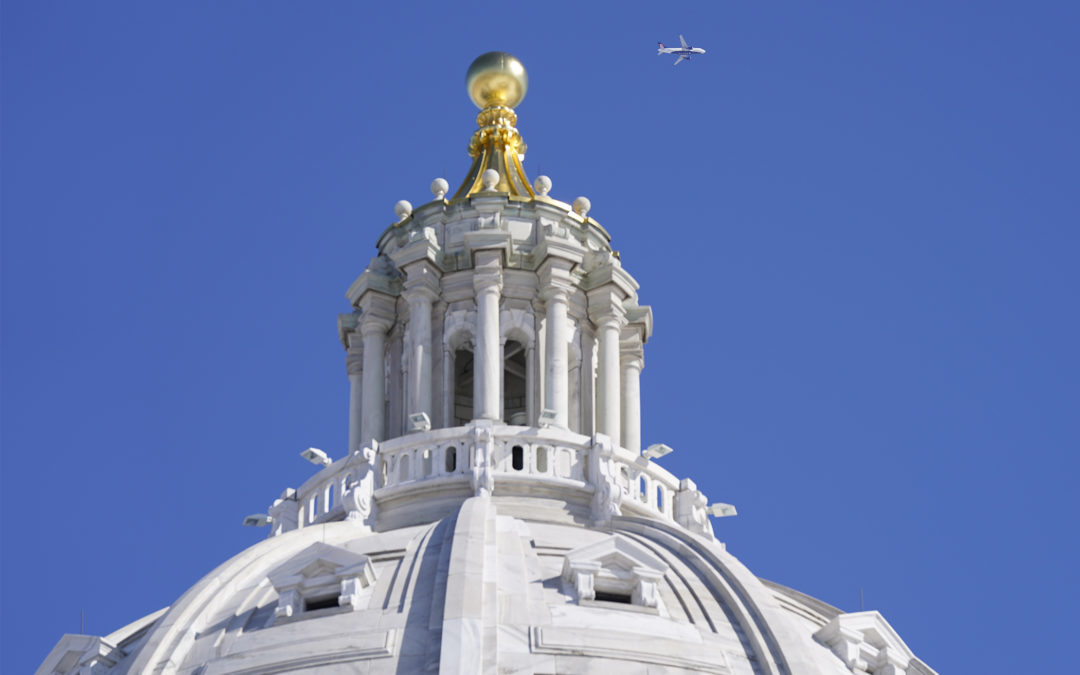This article belongs to Session Daily. View the article on the Session Daily website here.
They call it a “circuit breaker.” Minnesota’s property tax refund program is intended to keep low-income households from becoming overloaded with tax burden, just as a circuit breaker is designed to keep electric circuits from being overloaded with energy.
But a lot of state residents believe the wiring needs an update. As housing prices are rapidly rising, so are property taxes, and household budgets are getting stressed.
That’s why the House Property Tax Division laid over two bills on Wednesday that would boost the size of most Minnesotans’ property tax refunds, altering the algorithm to get more money back into the hands of homeowners.
The larger increase would come courtesy of an amended HF3866, sponsored by Rep. Kristin Bahner (DFL-Maple Grove). It has no Senate companion.
It would increase the maximum refund by $500 for all income ranges currently eligible for the credit. And it would push the income cap to receive a refund up to $155,000 from its current $126,290. Co-pays for new claimants would be 50%, with income thresholds ranging from 2.6% to 2.8%. The bill would also increase the exemption amount for claimants who are seniors or have a disability.
“This bill has three main goals,” Bahner said. “To help our seniors age in place, to help with the expenses of a growing young family, and to help those with disabilities to stay in their homes, where they feel stable and independent.”
For those with household incomes under $46,720, the maximum refund would increase from the current $3,090 to $3,590. The maximum refunds would continue to decrease by gradations according to income, but would be $500 larger than under current law. Those with household incomes over $126,290, currently ineligible for refunds, would top out at a maximum refund of $350 for those with household incomes of $155,000.
The Department of Revenue estimates that the change would result in a reduction to the General Fund of $60.9 million for fiscal year 2024 and $66.3 million for fiscal year 2025. It estimates that about 441,000 property tax refund claimants would receive an increased refund.
Sponsored by the division chair, Rep. Cheryl Youakim (DFL-Hopkins), HF3518, as amended, would also increase the maximum refund, but by $300, not $500, and would cap refund eligibility at $126,290 of household income.
Its companion, SF3185, sponsored by Sen. Matt Klein (DFL-Mendota Heights), awaits action by the Senate Taxes Committee.
“The property tax refund is an important investment we make in all of our communities,” Youakim said. “I know a lot of members have been receiving emails from constituents asking for a little bit of help with their property taxes. Maybe it’s a young family trying to make ends meet with rising child care costs or school loans. Maybe from someone trying to downsize and facing a crazy housing market or a senior trying to age in place. This bill is a good place to start.”
“Property taxes are going up and it hits a lot of people on fixed incomes,” said Rep. Paul Marquart (DFL-Dilworth). “Regardless of your income, if you lost a spouse or your spouse lost a job, you still have that home. And you still have those property taxes even though your income has changed dramatically. So anything we can do to cut property taxes is a good thing.”


Recent Comments